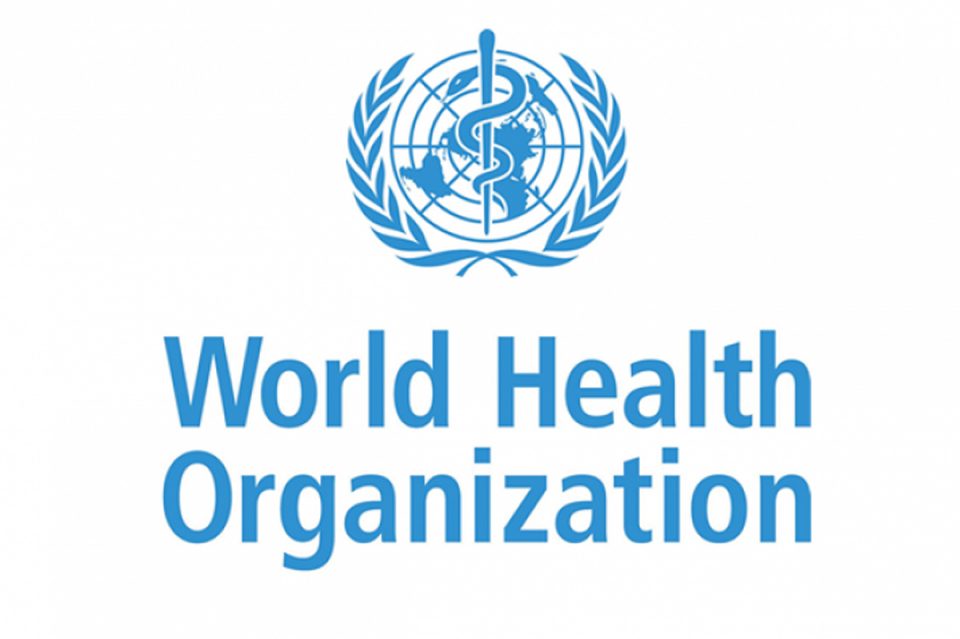Wound infections are the most common problem after surgery, particularly in developing countries, but promised innovations to tackle the issue do not work and global guidance needs changing, a new study reveals.
Both World Health Organisation (WHO) and the UK’s National Institute of Health Research guidelines recommend that surgeons use alcoholic chlorhexidine skin preparation and triclosan coated sutures to prevent Surgical Site Infection (SSI).
However, the FALCON study which is the world’s largest wound infection trial could not demonstrate superiority of these interventions over lower cost alternatives.
Carried out in Benin, Ghana, India, Mexico, Nigeria, Rwanda and South Africa, the FALCON trial was funded by the UK’s National Institute for Health Research (NIHR).
Publishing their findings today in The Lancet, researchers participating in this study are calling for guidelines recommending these measures, either specifically to Low- and Middle-income Countries (LMIC) or at a general global level, to be revised.
Co-author Mr. Aneel Bhangu, from the University of Birmingham, commented: “Surgical site infection is the world’s most common postoperative complication – a major burden for both patients and health systems. We have delivered the biggest trial of its kind, where we could not demonstrate the superiority of these interventions over cheaper alternatives.
“Our findings are hugely important for a wide range of care providers in LMICs, as following existing WHO and NICE guidelines, which have significant cost implications for organisations which have limited resources.”
Patients who develop SSI experience pain, disability, poor healing with risk of wound breakdown, prolonged recovery times and psychological challenges.
Those patients in LMICs are disproportionately affected by higher rates of SSI compared to those in high-income countries – increasing the risk of catastrophic expenditure, impoverishment, and wider negative community impact.
The NIHR Global Research Health Unit on Global Surgery trial covered 5,788 patients from 54 hospitals in seven countries – a broad and representative range including adults and children undergoing contaminated/dirty surgery, emergency surgery and caesarian section.
Co-author Professor Adesoji Ademuyiwa, from the University of Lagos and Lagos University Teaching Hospital who coordinated the study in 12 hospitals across different geopolitical zones in Nigeria, commented: “The overall SSI rate was very high at 22% – a preventable complication that is causing unnecessary suffering and burden to patients and systems.
“It is clear that small randomised trials should now be avoided and should be replaced with larger trials that can provide more robust evidence on the incidence of SSI, ultimately leading to more effective measures to help tackle this global healthcare challenge. This high quality evidence will impact heavily on practice in LMICs including Nigeria as cheaper and available options can be confidently used for patients with calm assurance that outcome will not be adversely affected.”
Co-investigator Professor Lukman Abdur-Rahman, from University of Ilorin, Nigeria, commented: “We have often thought that the use of skin preparation agents and anti-microbial impregnated sutures recommended by WHO and NICE gave the High-Income Countries advantage in the reduction of Surgical site infections as compared with the Low and Middle Incomes Countries (LMICs) where these expensive agents and sutures are not readily available. This multi-centred pragmatic randomized study in LMICs showed no significant reduction in SSI rates despite the choice and use of the materials or agents. There is a need for global review of the guidelines of measures to reduce SSI.”
Dr Samson Olori, a Co-investigator from the University of Abuja Teaching Hospital, states that “The FALCON study was a huge attempt at finding solution to the persistent menace of the SSI in LMICS. We latched into it hoping that the perennial question on how best to address SSI in our environment could be answered, alas, that was not to be. But the study was a huge success in itself, because it has further proved that large scale randomised studies will provide trusted data to address research question. For now, the quest continues, perhaps a follow up study designed along the peculiarities of the LMICS may help find answers to SSI.”
“This high quality, multinational large scale trial in Iow and middle income countries (LMICs) has finally rested the argument on the superiority of either alcohol chlorhexidine or povidone iodine and triclosan coated antibiotic sutures in surgical site infection control” says Dr Hyginus Ekuwnife, the Principal Investigator at Nnamdi Azikwe University Teaching Hospital (NAUTH). He continues to say that “For long, decisions concerning the high Surgical Site Infection (SSI) in LMICs has been based on data extrapolated from high income nations with risks of poor validity and efficiency. The multinational surgical site infection trial is good news for the LMICs where increasing cost of surgery tends to catastrophic expenditures and further impoverishment. Hopefully, this beautiful research experience will open further research doors to contain the still high SSI rate on LMICs. Considerations need to be given to processes more than products.”




